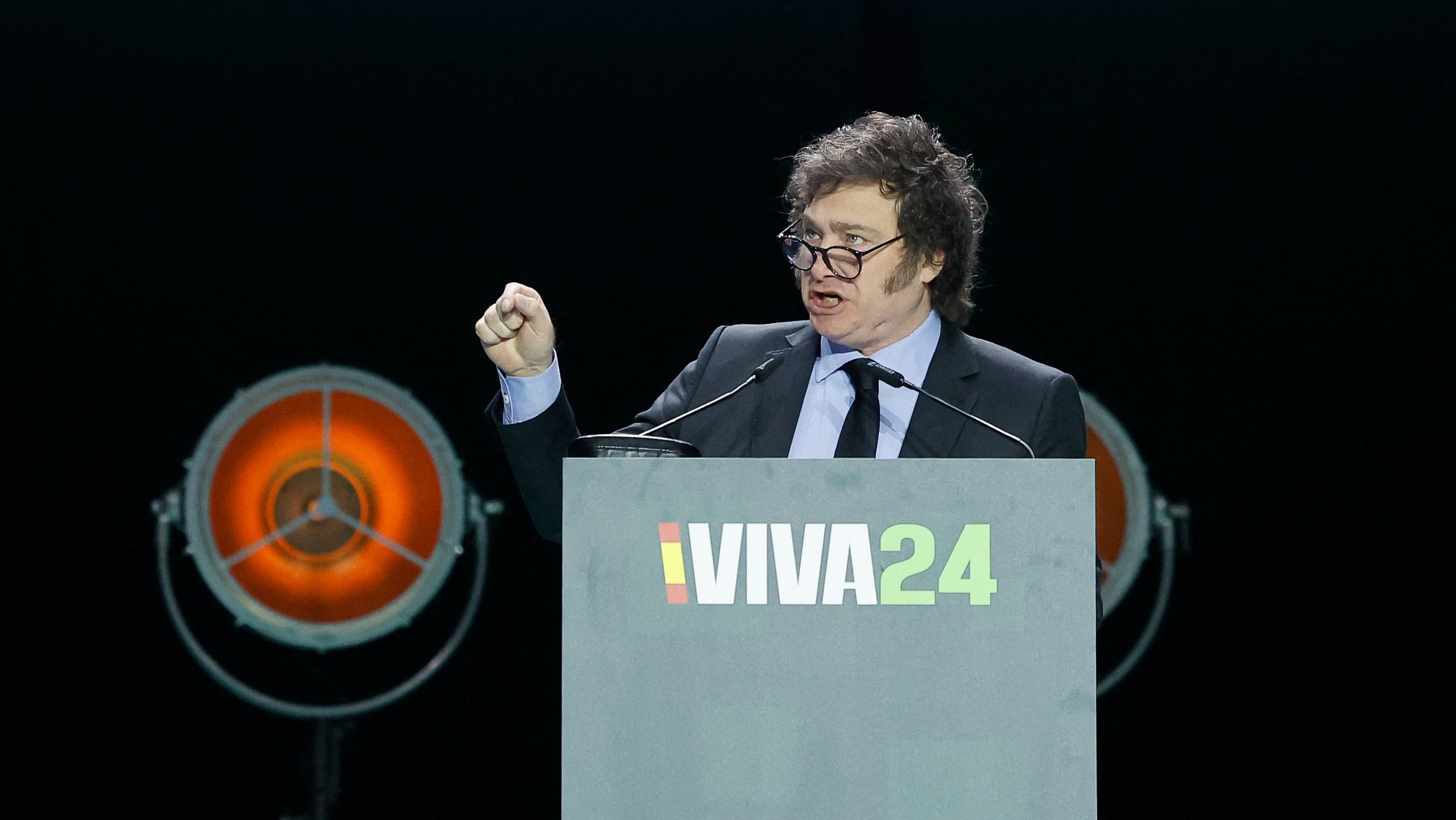Just hours after a diplomatic conflict erupted between Argentina and Spain, Spanish companies expressed condemnation of statements made by Argentine President Javier Milei. The controversy unfolded during Milei's strategically questioned trip to Spain, where he met with prominent business leaders including representatives from BBVA, Santander, Iberia, Mapfre, and Telefónica.
Antonio Garamendi, president of the Spanish Confederation of Business Organizations (CEOE), criticized Milei's remarks as undiplomatic and inappropriate between two friendly nations. Other corporations echoed his sentiments, emphasizing that only economic matters were discussed during their meetings with Milei.
Spain is Argentina’s third-largest investor, with Spanish investments in Argentina reaching $746 million in Q3 2023, an 18% year-on-year increase. The EU, with Spain as a crucial member, is now Argentina’s second most important trading partner, surpassing China in recent reports.
Researcher Federico Vaccarezza highlighted the seriousness of this diplomatic incident, stressing that Spain acts as Argentina's bridge to the EU, which plays a significant role in Argentina's international trade. The geopolitical landscape is divided into blocks like BRICS and the G7, and Argentina often navigates between these groups to advance its national interests.
President Milei assured that investments by companies in Argentina are driven by individual ties and will continue despite governmental frictions. However, international relations experts warned that investor confidence could waver if political tensions escalate.
The situation recalls internal conflicts Milei has faced, like during the legislative discussions of the Bases Law, suggesting a pattern of diplomatic missteps. Despite accumulating several international controversies within months of his tenure, it remains to be seen if Milei will adapt his approach for future diplomatic engagements.
- The political rift between Argentina and Spain could intensify if Spanish President Pedro Sánchez does not receive a public apology from Javier Milei. Spanish diplomatic sources indicated potential impacts on broader EU relations, with the EU possibly rallying against Argentina in a show of unity.
- This diplomatic tension surfaces ahead of European elections, where concerns over rising support for far-right politicians are prevalent. Spanish diplomacy’s firm stance reflects broader EU efforts to confront far-right influences and maintain political stability.
- Josep Borrell, the EU’s High Representative for Foreign and Security Policy and a binational Spanish-Argentine, condemned personal attacks on political leaders' relatives. His unique connection to both countries adds complexity to his role in managing the crisis.
- Borrell’s background includes significant roles within EU institutions, underscoring his influence and the weight of his statements. With his term nearing its end, his actions and comments could shape the EU's diplomatic response to Argentina.






